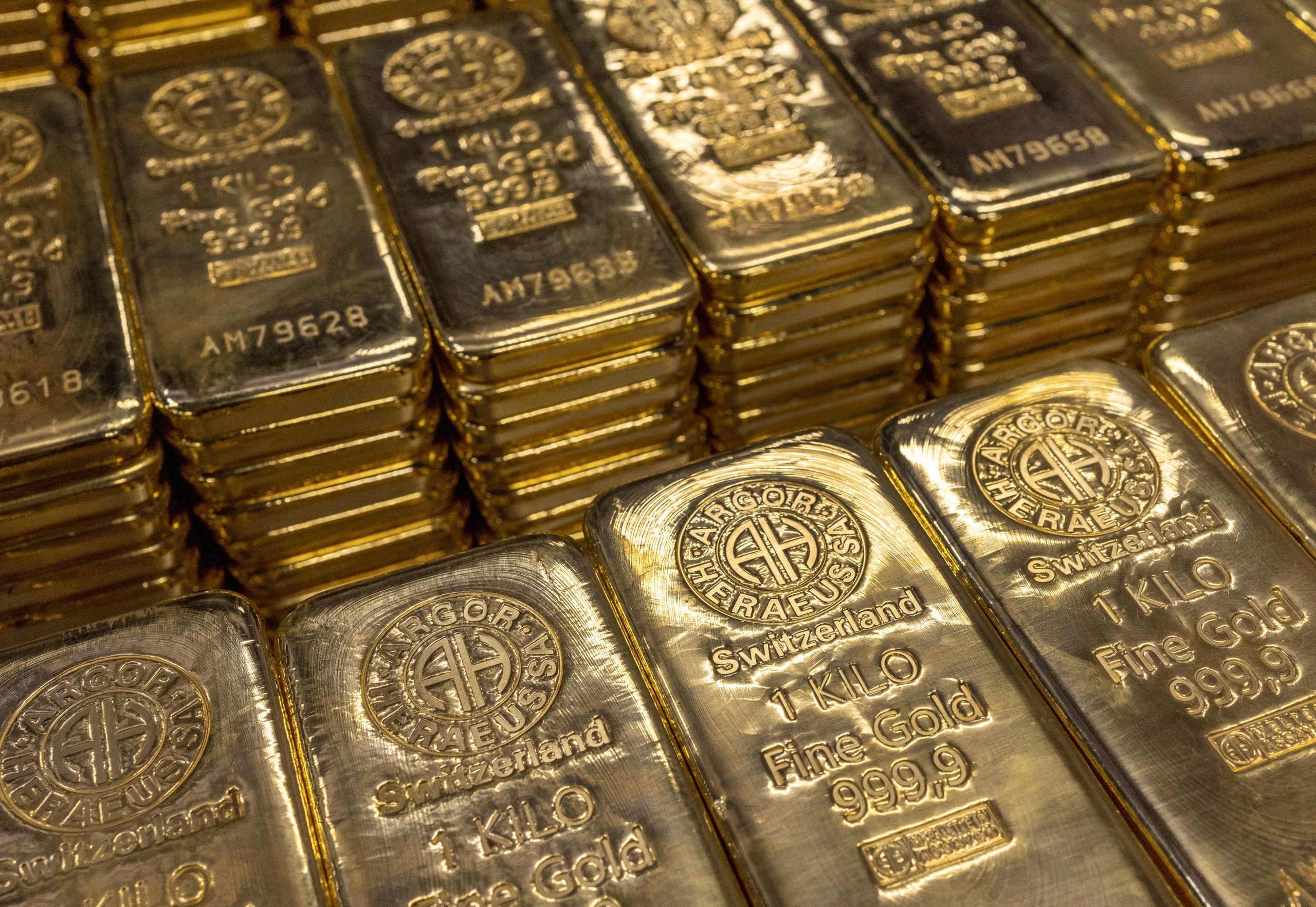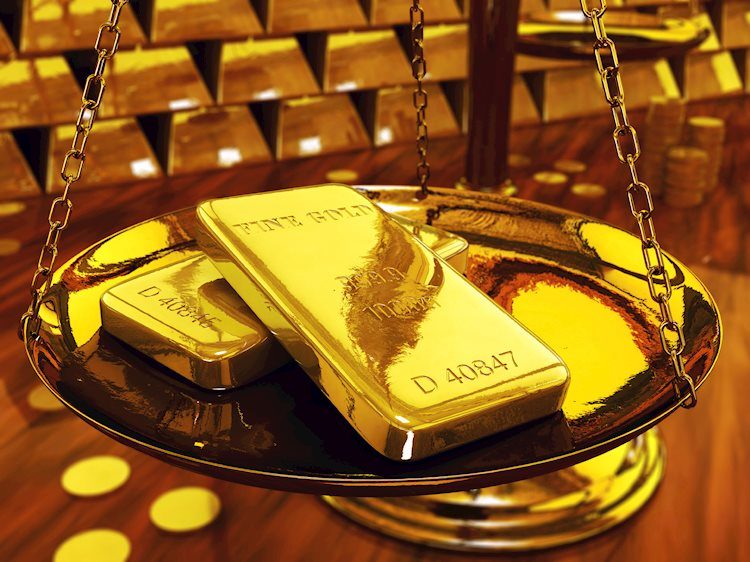Amid escalating tensions in the Middle East, Gold prices surged as traders adopted a cautious stance. Jordan’s Foreign Minister Ayman Safadi warned of potential conflict escalation if Israeli retaliation against Iranian strikes persists, highlighting the regional volatility.
Gold, a traditional safe-haven asset, regained lost ground during the Asian session, trading at approximately $2,370 per troy ounce. Safadi’s remarks underscored concerns about broader regional instability, prompting investors to seek refuge in the precious metal.
Israel’s recent airstrikes targeting Hezbollah infrastructure in Lebanon fueled apprehensions of heightened hostilities. Prime Minister Benjamin Netanyahu reiterated Israel’s resolve to defend itself independently, despite calls for restraint from Western nations.

The decline in the US Dollar Index (DXY) further buoyed Gold prices, as subdued US Treasury yields weakened the greenback. A weaker dollar typically enhances Gold’s appeal to investors holding other currencies, contributing to its price appreciation.
Federal Reserve officials’ comments added another layer of complexity to the market dynamics. Cleveland Fed President Loretta Mester acknowledged higher-than-expected inflation but emphasized the need for further confirmation of its sustainability.
Fed Chair Jerome Powell’s remarks suggested a cautious approach to inflation, indicating a potentially hawkish stance on future monetary policy decisions. The prospect of higher interest rates could dampen demand for non-yielding assets like Gold, posing a counterforce to geopolitical tensions driving its price upward.
